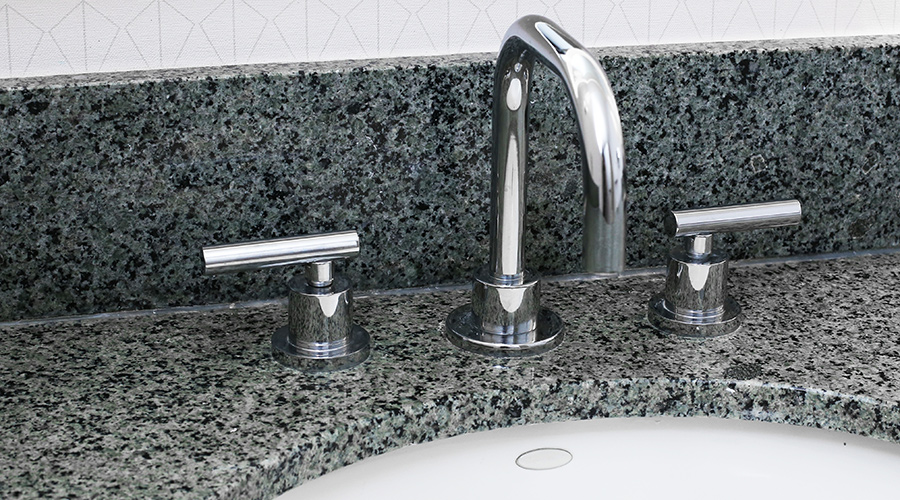The Advanced Research Projects Agency for Health (ARPA-H) announced the launch of the Universal PatchinG and Remediation for Autonomous DEfense (UPGRADE) program, a cybersecurity effort that will invest more than $50 million to create tools for information technology (IT) teams to better defend the hospital environments they are tasked with securing.
Cyberattacks that hamper hospital operations can impact patient care while critical systems are down and can even lead to facility closure. A major hurdle in advancing cybersecurity tools in the health sector is the number and variety of internet-connected devices unique to each facility. While consumer products are patched regularly and rapidly, taking a critical piece of hospital infrastructure offline for updates can be very disruptive. Delayed development and deployment of software fixes can leave actively supported devices vulnerable for over a year and unsupported legacy devices vulnerable far longer.
Filling this gap in digital health security will take expertise from IT staff, medical device manufacturers and vendors, health care providers, human factors engineers, and cybersecurity experts to create a tailored and scalable software suite for hospital cyber-resilience. The UPGRADE platform will enable proactive evaluation of potential vulnerabilities by probing models of digital hospital environments for weaknesses in software. Once a threat is detected, a remediation (e.g., patch) can be automatically procured or developed, tested in the model environment and deployed with minimum interruption to the devices in use in a hospital.
Addressing vulnerabilities in health care and data security is a challenge that ARPA-H is uniquely positioned to address. ARPA-H's Digital Health Security Initiative, DIGIHEALS, launched last summer and is focused on securing individual applications and devices. The agency has also recently partnered with Defense Advanced Research Projects Agency for the Artificial Intelligence Cyber Challenge, or AIxCC, a prize competition to secure open-source software used in critical infrastructure. UPGRADE aims to secure whole systems and networks of medical devices to ensure solutions can be employed at scale.
Through a forthcoming solicitation, UPGRADE seeks performer teams to submit proposals on four technical areas: creating a vulnerability mitigation software platform, developing high-fidelity digital twins of hospital equipment, auto-detecting vulnerabilities and auto-developing custom defenses.

 From Downtime to Data: Rethinking Restroom Reliability in Healthcare
From Downtime to Data: Rethinking Restroom Reliability in Healthcare LeChase Building Four-Story Addition to UHS Delaware Valley Hospital
LeChase Building Four-Story Addition to UHS Delaware Valley Hospital AdventHealth Sebring Breaks Ground on Expansion Project
AdventHealth Sebring Breaks Ground on Expansion Project Regulations Take the Lead in Healthcare Restroom Design
Regulations Take the Lead in Healthcare Restroom Design AHN Allegheny Valley Hospital Opens Expanded Inpatient Rehabilitation Unit
AHN Allegheny Valley Hospital Opens Expanded Inpatient Rehabilitation Unit